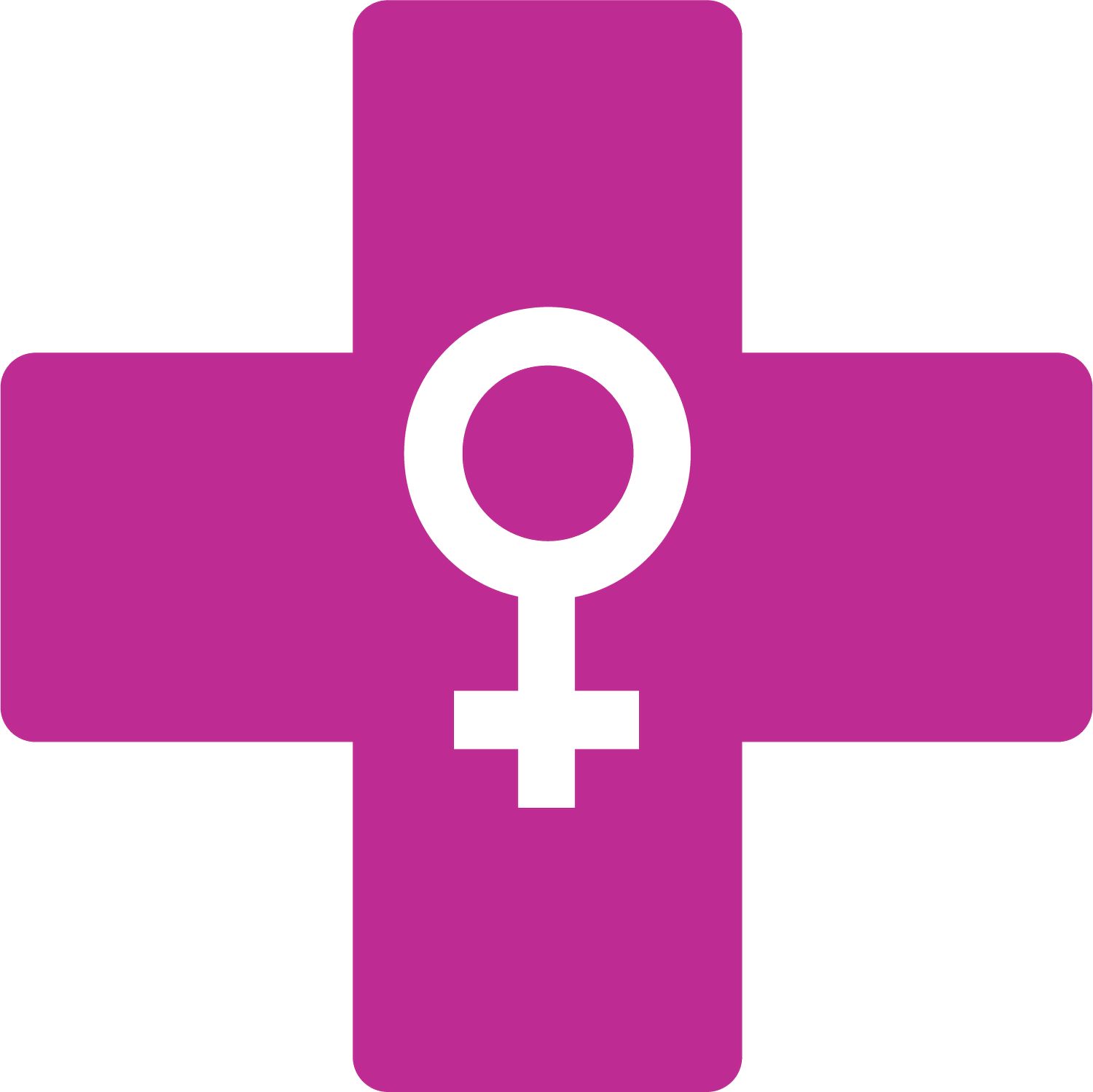Top 5 Things I Wish Everyone Knew About Women’s Health.
This blog is just more than words on a screen; it is a movement fueled by a burning desire to empower women with knowledge and change the healthcare dynamic. Together we can ensure that every woman receives the care and attention she rightfully deserves. So, whether you are a female patient seeking answers or a medical professional eager to enhance your understanding, I invite you to continue reading so that we can shape a healthier, more informed future for all.
Throughout the years, I have encountered numerous instances where information about women’s health seemed shrouded in shadow or completely misunderstood. To bridge the gap and hopefully dispel a few misconceptions I’ve written the top 5 things I wish everyone knew about women’s health.
1. You are your own best advocate. Gender bias is widespread in our healthcare system and leads to poorer outcomes for women. Even though we are working to improve that daily, educating doctors and health systems alone cannot change this. Patients must begin advocating for themselves and their loved ones to receive the healthcare you (and they) deserve. Systemic change can happen, but we must advocate and fight for change together.
2. Vitamin D deficiency is not a minor problem. This problem has been linked to many health complications: COVID lung, colon cancer, breast cancer, high blood pressure, high cholesterol, mood disorders, osteoporosis, and infertility. It is difficult for the average person to get enough vitamin D from their diet alone. Vitamin D is critical to support bone health, fertility, and immune function just to name a few. You should discuss whether low vitamin D is a concern for you and what supplementation could improve areas of your health.
3. Many cancers are preventable, but you must be vigilant in screening. Whether it is genetic, environmental, viral, or due to another cause, many cancers can be treated and even prevented with early screening. Many patients still falsely believe that genetics is the main factor in cancer risk. While genetic predisposition is a significant risk factor for cancer, avoiding alcohol, avoiding tobacco, maintaining a healthy weight, and getting routine screenings can help prevent or catch cancer early. This is especially true for cancers like cervical cancer which is entirely preventable with routine pap smears and HPV screenings.
4. Severe hot flashes are associated with an increased risk of heart disease. While previously touted as simply a “bothersome” symptom, vasomotor symptoms (VMS), more commonly known as hot flashes, can be severe and disruptive. Emergent research has shown that severe hot flashes are associated with an increased risk of cardiovascular disease and cognitive decline. The correlation is so strong that in 2020 the American Heart Association finally noted that menopause is an independent risk factor for heart disease. However, more research needs to be done to determine if treating VMS can help prevent poor outcomes.
5. The lack of support for women in menopause costs $1.8 billion dollars in lost revenue annually. Unfortunately, this is an extension of the “Mommy Tax”. If we cannot support women in the workforce that are not childbearing, we cannot support women of childbearing age. This monetary measurement of the outcomes of women’s suffering, may finally act as a catalyst for change. By not helping women get the care they need, it hits every business where it counts, their pockets.
By advocating for your health and seeking specialized care, you can empower yourself and inspire others to do the same. Moreover, consider a women's health specialist as your trusted ally, someone who understands the unique challenges we face and can provide tailored guidance. Together, let us continue to build a world where women's health is a priority, and we thrive as confident, healthy individuals. Here's to a brighter future of empowered women championing their well-being!


